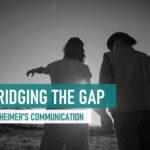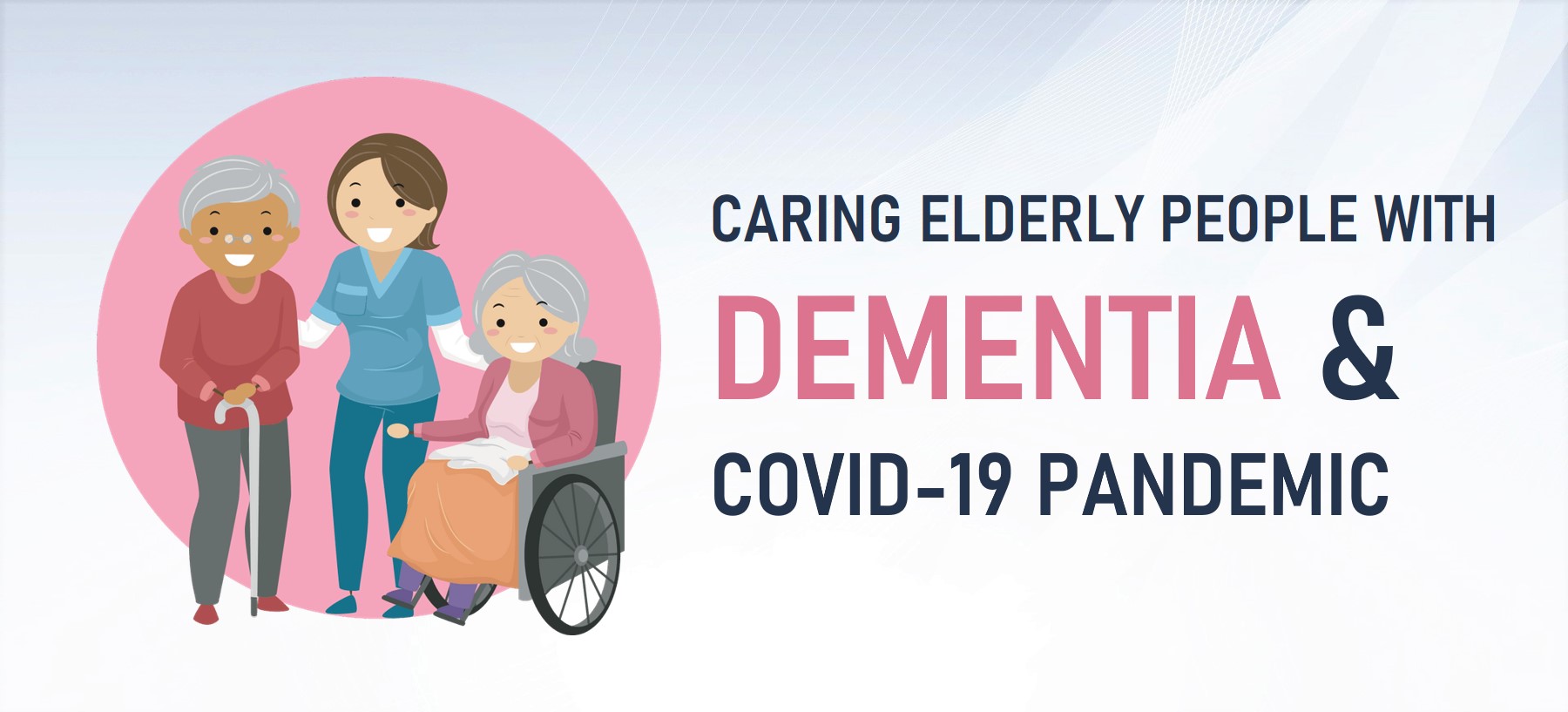Most likely, dementia does not increase risk for COVID-19, the respiratory illness caused by the new coronavirus, just like dementia does not increase risk for flu. However, dementia-related behaviours, increased age and struggle to adjust safety measures like social distancing and isolation, that often accompany dementia may increase risk.
People living with dementia are likely to face experiences that are difficult and unfamiliar, that may bring about a change in their behavioural responses. Thus increasing the caregivers’ stress making it difficult for them.
Most importantly is being aware of the possible challenges
In quarantine: A person with dementia and who have been quarantined, may be confused by their normal life interruption. They may not recognize the necessity of following preventive measures.
In case of infection: If any person with dementia is developing COVID-19, the symptoms of fever, sore throat may not be recognised or communicated, causing a delay in diagnosis. Also isolation can be difficult for such patients, since they may not understand the reason for being kept apart from other people.
Ways to reduce the impact of the crisis
- Persons with early dementia can be encouraged, frequently reminded, to maintain social distance from others and to wash hands very often.
- Demonstrate thorough hand-washing.
- Going to the hospital only if there’s an emergency to minimize the risk of exposure to unnecessary infections.
- Person with dementia and their caregiver should regularly consult neurologist through online media or by call.
- Persons with dementia should continue to carry out basic physical exercises, relaxation techniques and other dementia treatments.
- Engage in video/telephonic conversation with family and friends.
- If the person with dementia requires isolation due to infection, try to create a special space for them – adjust the lighting of their room, play soothing music, and ask the caregiver in-charge to communicate with them in simple language.
- Rotate caregivers at home, so as to provide respite for each caregiver.
- In response to signs of stress: Caregivers must use positive and simple communication techniques, provide encouragement and reassurance to the patient.
Wrapping Up…
The risk levels of getting COVID-19 infection varies on various factors like the place they stay, surroundings, people they meet, etc. Remember dementia doesn’t increase the risk of infection but associated health conditions and other activities pose a risk.
Pay attention to flu or pneumonia-like symptoms in yourself the dementia patient report them to a medical professional immediately.







